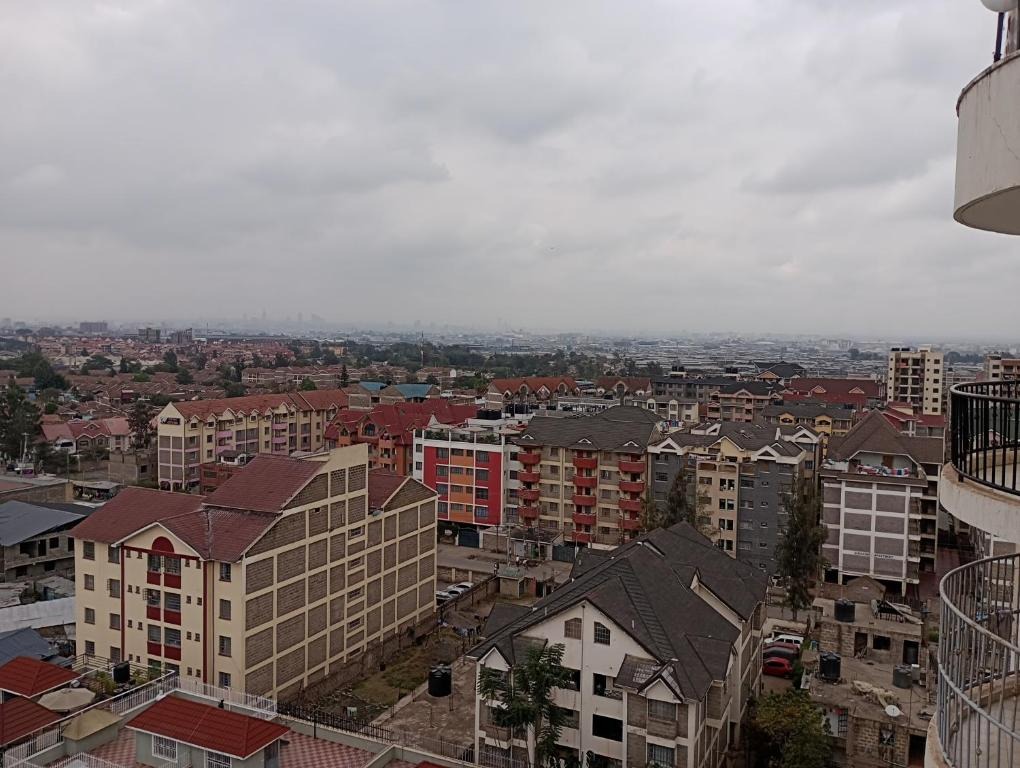Navigating the labyrinth of Kenya’s property management regulations can feel like a safari through the legal jungle, where the lions of legislation and the crocodiles of compliance lurk behind every bush. But fear not, intrepid explorer, for this guide will be your trusty Land Rover, steering you clear of the quicksand of confusion and onto the plains of property prowess.
Firstly, let’s tip our hats to the Estate Agents Registration Board of Kenya, the noble guardians of the estate agency practice since 1984. They ensure that every property professional is as sharp as a Masai warrior’s spear when it comes to upholding standards.
Then, we have the Sectional Properties Regulations, 2021, which is as fresh as the Great Rift Valley and twice as deep. This piece of legislation is the Mount Kenya of property management, towering over the landscape with its comprehensive coverage of ownership, registration, and the all-important unit factors – because who doesn’t love a good unit factor?
But wait, there’s more! The legal aspects of property management in Kenya are as varied as the country’s wildlife. From the Land Act, which is the elephant in the room, to the Rent Restriction Act and the Landlord and Tenant (Shops, Hotels, and Catering Establishments) Act, which are the zebras and gazelles grazing on the savannah of statutes.

And let’s not forget the taxation laws – the hippos of the legal waters, submerged just below the surface but oh-so-important to respect if you don’t want to get chomped by penalties.
So, whether you’re a property manager looking to build your empire or a tenant seeking to understand your habitat, remember: Kenya’s property management regulations are a complex ecosystem, but with the right guide, you’ll be the king of the real estate jungle in no time! Happy trails, and watch out for those legal lions!
Legal Framework: Understanding the Regulatory Environment for Property Management in Kenya
The regulatory environment for property management in Kenya is governed by several key laws and regulations, including:
- The Land Act: Provides the legal framework for land ownership, registration, and administration in Kenya, including provisions for leasehold and freehold titles, land registration, and land use planning.
- The Physical Planning Act: Regulates land use planning and development in Kenya, including zoning, building regulations, and environmental impact assessments, to ensure orderly and sustainable development.
- The Rent Restriction Act: Governs the relationship between landlords and tenants in Kenya, including rent control measures, eviction procedures, and dispute resolution mechanisms, to protect the rights of both parties.
- The Landlord and Tenant Act: Sets out the rights and obligations of landlords and tenants in Kenya, including provisions for tenancy agreements, rent payment, maintenance responsibilities, and dispute resolution procedures
Compliance and Best Practices: Key Considerations for Property Managers in Kenya
Property managers in Kenya must adhere to strict compliance requirements and best practices to ensure the efficient and effective management of properties. Key considerations include:
- Licensing and Registration: Property managers must ensure they are licensed and registered with the relevant authorities, such as the Estate Agents Registration Board, to operate legally and ethically in the industry.
- Financial Management: Property managers must maintain accurate financial records, including rent collection, expenses, and maintenance costs, and adhere to accounting standards and reporting requirements.
- Tenant Relations: Property managers must establish clear communication channels with tenants, address their concerns promptly, and ensure compliance with tenancy agreements and legal requirements.
- Maintenance and Repairs: Property managers must conduct regular inspections of properties, address maintenance issues promptly, and ensure compliance with health, safety, and building codes.
- Dispute Resolution: Property managers must have mechanisms in place to resolve disputes between landlords and tenants quickly and amicably, including mediation, arbitration, or legal proceedings if necessary.
In conclusion, understanding Kenya’s property management regulations is essential for property managers to operate successfully and responsibly in the real estate market. By adhering to the legal framework, complying with regulatory requirements, and implementing best practices, property managers can ensure the efficient and effective management of properties while protecting the interests of owners, tenants, and stakeholders in Kenya’s dynamic real estate industry.







